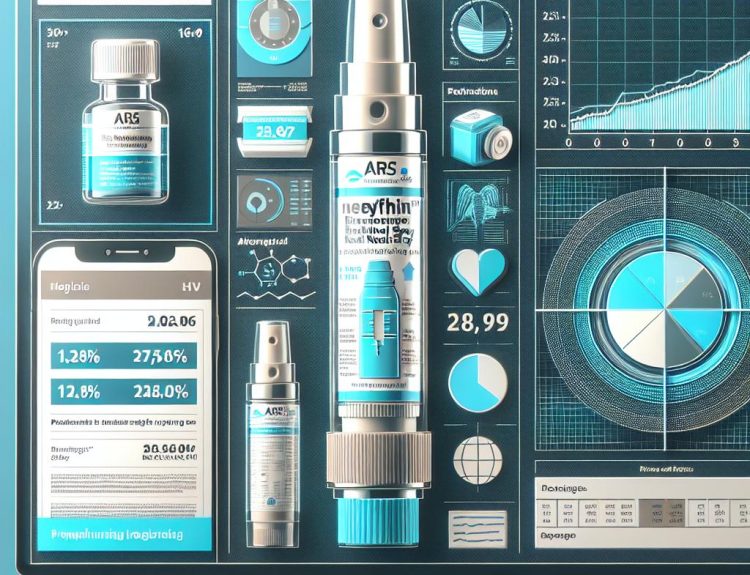FOXO Technologies has signed a stock purchase agreement to acquire Vector BioSource, an information, data, and biospecimen sourcing provider serving biotech, clinical research, and pharmaceutical customers. The deal combines $500,000 in cash, 60,000 shares of Series E preferred stock with a stated value of $1.5 million, warrants to purchase $2 million of common stock at a 10% premium, and up to an additional 80,000 Series E preferred shares (up to $2 million stated value) tied to revenue and cash collection milestones over 12 to 24 months. FOXO also committed up to $1.2 million to fund Vector’s growth initiatives. Vector reported approximately $225,000 in net revenue in Q2 2025, implying a roughly $0.9 million annual run rate. Closing is expected following customary conditions, including due diligence.
The strategic question is whether a diversified microcap can convert a niche, service-oriented asset into a scaled, defensible node in the life sciences data and biospecimen supply chain. The structure of the consideration—limited cash, preferred stock, warrants, and milestone-driven earnout—signals a capital-efficient bet on operating leverage and market demand. If FOXO can turn Vector from a procurement shop into an integrated acquisition-to-analytics platform, it will validate a playbook many small-cap consolidators are eyeing but few have executed well.
This matters now because high-quality, consented, and richly annotated biospecimens have become rate-limiting for precision medicine, translational research, and AI-driven discovery. Biopharma R&D teams need longitudinally linked specimens and clinical metadata to power biomarker validation, companion diagnostic development, adaptive trial designs, and exploratory endpoints. Medical Affairs teams are under pressure to generate robust real-world evidence that stands up to payer scrutiny and supports label expansions and post-marketing commitments; specimen-linked data assets can accelerate evidence packages and enhance external scientific engagement. For payers, stronger biomarker and outcomes correlation underpins coverage decisions and value frameworks in oncology, rare disease, and high-cost chronic indications. For sites and HCPs, streamlined consent, collection workflows, and fair-market value compensation can unlock participation while minimizing burden.
The move also rhymes with broader industry currents. CROs, specialty labs, and biobanks are consolidating to secure end-to-end specimen access and data provenance, while sponsors seek tighter control of inputs that determine trial speed and evidence quality. Health systems are exploring compliant data and biospecimen monetization to diversify revenue, raising the bar on governance, consent management, and chain-of-custody traceability. Capital markets remain tight for small-cap platforms, making structured consideration and performance-based earnouts a pragmatic route to growth. Against this backdrop, a service that bridges physical specimen logistics with curated, interoperable data can become a critical pick-and-shovel asset as AI models demand broader, more representative training sets.
FOXO’s existing footprint—spanning a critical access hospital, a behavioral health facility, and a biotech-focused lab unit—offers potential, if carefully managed, for controlled-access clinical operations, consented patient engagement, and operational infrastructure that could lower acquisition cost per specimen and improve turnaround times. The burden will be on governance: IRB alignment, transparent patient consent, de-identification rigor, and audit-ready data lineage will determine whether large pharma sponsors are willing to sign master service agreements and route scaled demand through Vector.
The near-term signal to watch is execution against three milestones: expansion of site and donor networks in hard-to-source therapeutic areas, demonstrable improvements in data richness and turnaround times that translate into premium pricing, and early cross-sell wins that leverage FOXO’s broader assets. If Vector can convert its run-rate business into a higher-margin, data-forward platform with validated compliance, this small deal could foreshadow a new wave of micro-cap roll-ups in the biospecimen-to-RWE corridor. If not, it becomes another reminder that supply chain control in life sciences is won by quality, not just by acquisition.
Jon Napitupulu is Director of Media Relations at The Clinical Trial Vanguard. Jon, a computer data scientist, focuses on the latest clinical trial industry news and trends.







